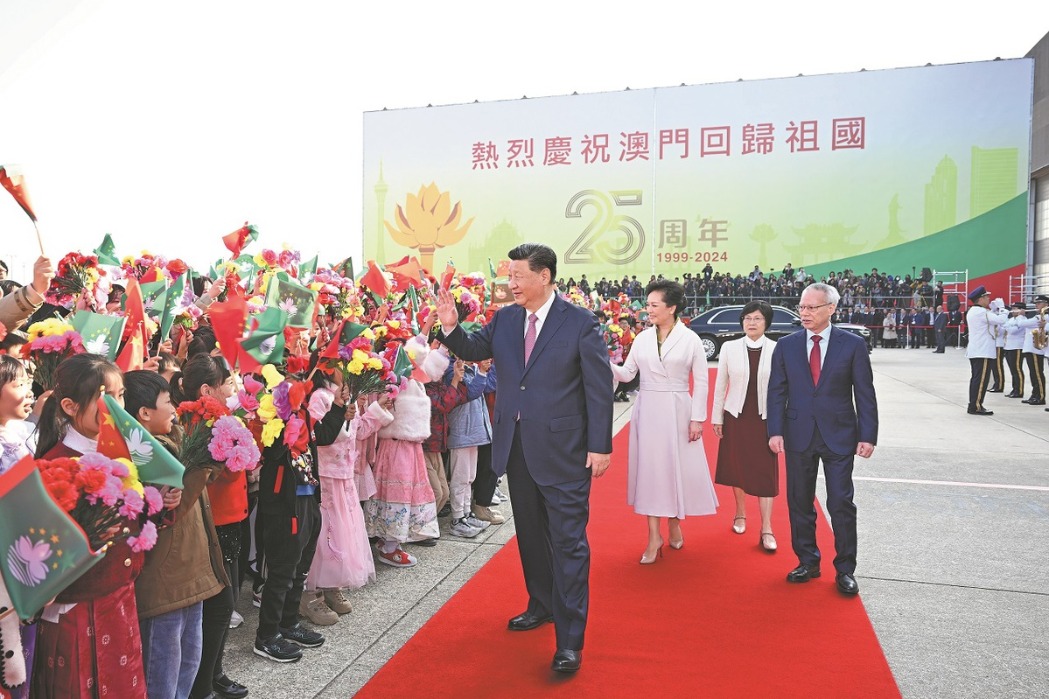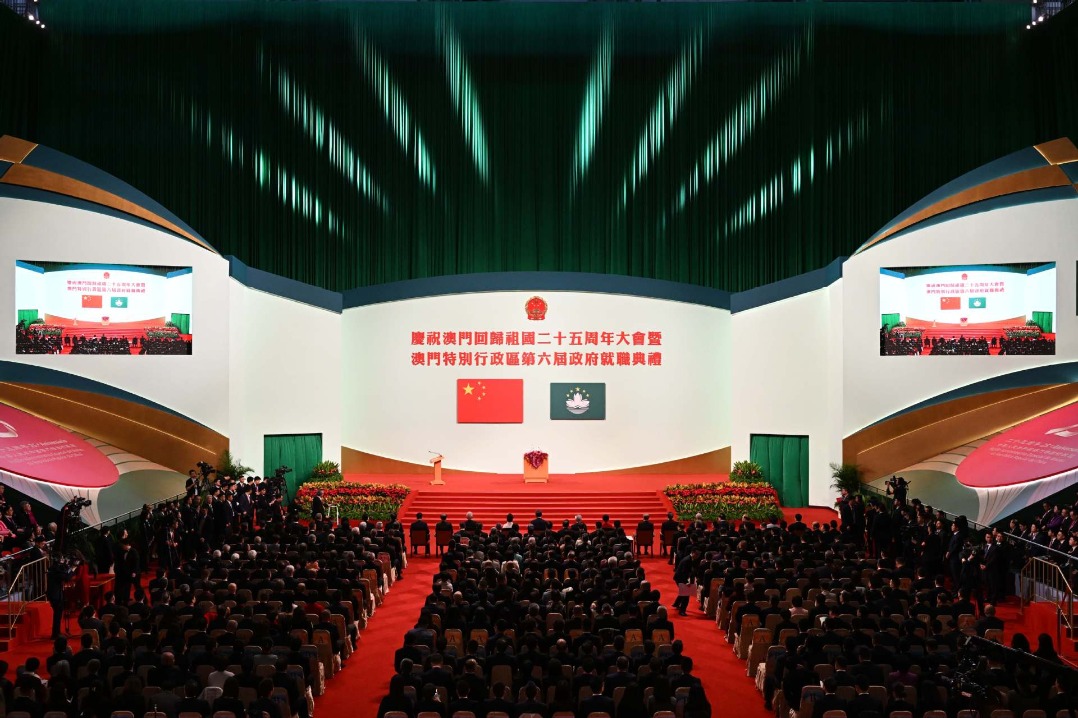Employers encouraged to set up parent-friendly jobs


Shanghai has encouraged employers to set up "parent-friendly job posts" and adopt measures that facilitate a balance between work and family responsibilities, creating a supportive environment for parenthood in the workplace.
"Parent-friendly job posts" should have flexible working hours and working methods, and job applicants should be parents with a child or children under the age of 12, the Shanghai Human Resources and Social Security Bureau said on Friday when introducing the policy regarding implementation of the pilot program.
Such posts will operate under a flexible work system, allowing employers to implement flexible start and end times, remote or home-based work, flexible leave policies, and performance assessments to facilitate employees in managing both work and parenthood responsibilities.
Government departments will guide industries, such as manufacturing, hospitality, food services and housekeeping services, as well as emerging sectors like the platform, digital, cultural and creative economies and the elderly care economy, to unveil such job opportunities in the first phase of the program.
To support the initiative, the city will establish a list of employers offering such jobs.
"Also, labor unions at all levels are tasked with assisting such employers in creating parent-friendly workplaces, including pushing forward the construction of breastfeeding rooms and organizing summer and winter holiday programs as well as after-school childcare services," the policy document said.
Similar policies have been introduced in various regions across the country, but in those cases it was clearly stipulated that such posts were provided to female applicants only, as they were called "mom's job posts". Working hours for such jobs are flexible, and workers can have time to take children to and from school. In addition, such workers do not need to work overtime.
For example, in January, the city of Guangzhou, Guangdong province, announced a list of 58 employers that have set up such posts. In June, Xingtai, a city in Hebei province, introduced the new employment model of "mom's job posts", under which the city has helped more than 25,000 women find employment.
Earlier this month, Qingdao, Shandong province, released the city's first list of "mom's job posts", involving 190 jobs mainly in the catering and domestic services sectors.
Zhang Lei, deputy director of Peking University's Institute of Population Research, said that such posts help women achieve a balance between family and work.
However, the jobs "must improve in both quantity and quality, as the current setting of such posts may accelerate the loss of human capital of educated women", she said.
Regarding the Shanghai initiative, some have said it stands out for not restricting such job opportunities to female applicants. Recognizing that family and childcare responsibilities are not solely the domain of women, the policy aims to address work-life balance issues for all parents, they said.
"So I hope that more jobs involving a lot of male workers will be on this list, so that this initiative is not set up to once again marginalize women from the workplace," said Zhao Jing, a mother of a 5-year-old child. Zhao has stopped working several times after giving birth due to parenting responsibilities and unsatisfactory work content.
Such moves regarding parent-friendly workplaces have been praised by some women who believe that these initiatives provide a larger chance for mothers to return to the workforce.
A survey conducted last year by a research institute affiliated with the All-China Women's Federation in Beijing and Shanghai, as well as Guangzhou and Shenzhen in Guangdong province, found that, among respondents, 82.7 percent of stay-at-home mothers under the age of 40 had plans to return to work.
- Employers encouraged to set up parent-friendly jobs
- Audit report: Mishandling of funds rectified
- Cultural shift seen in parents' choice of children's surnames
- Winter tourism, sports hit peak stride nationwide
- China steps up anti-corruption efforts in key sectors to boost public trust
- China beefs up fiscal support for disaster control, emergency management




































